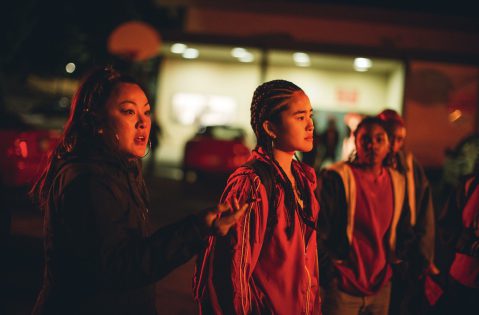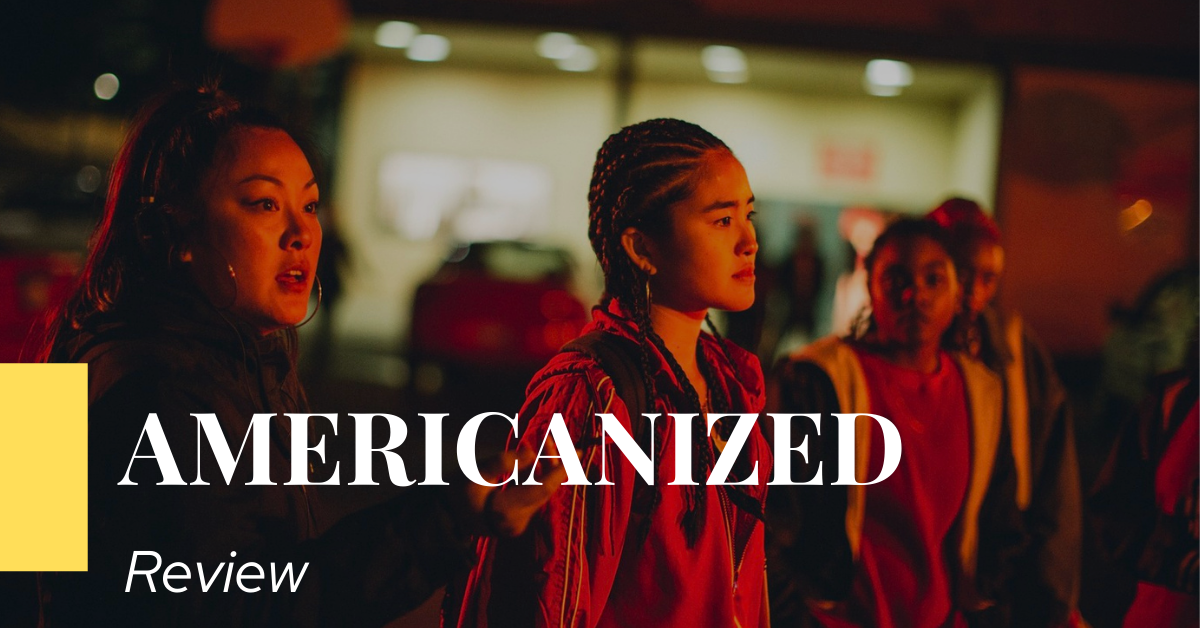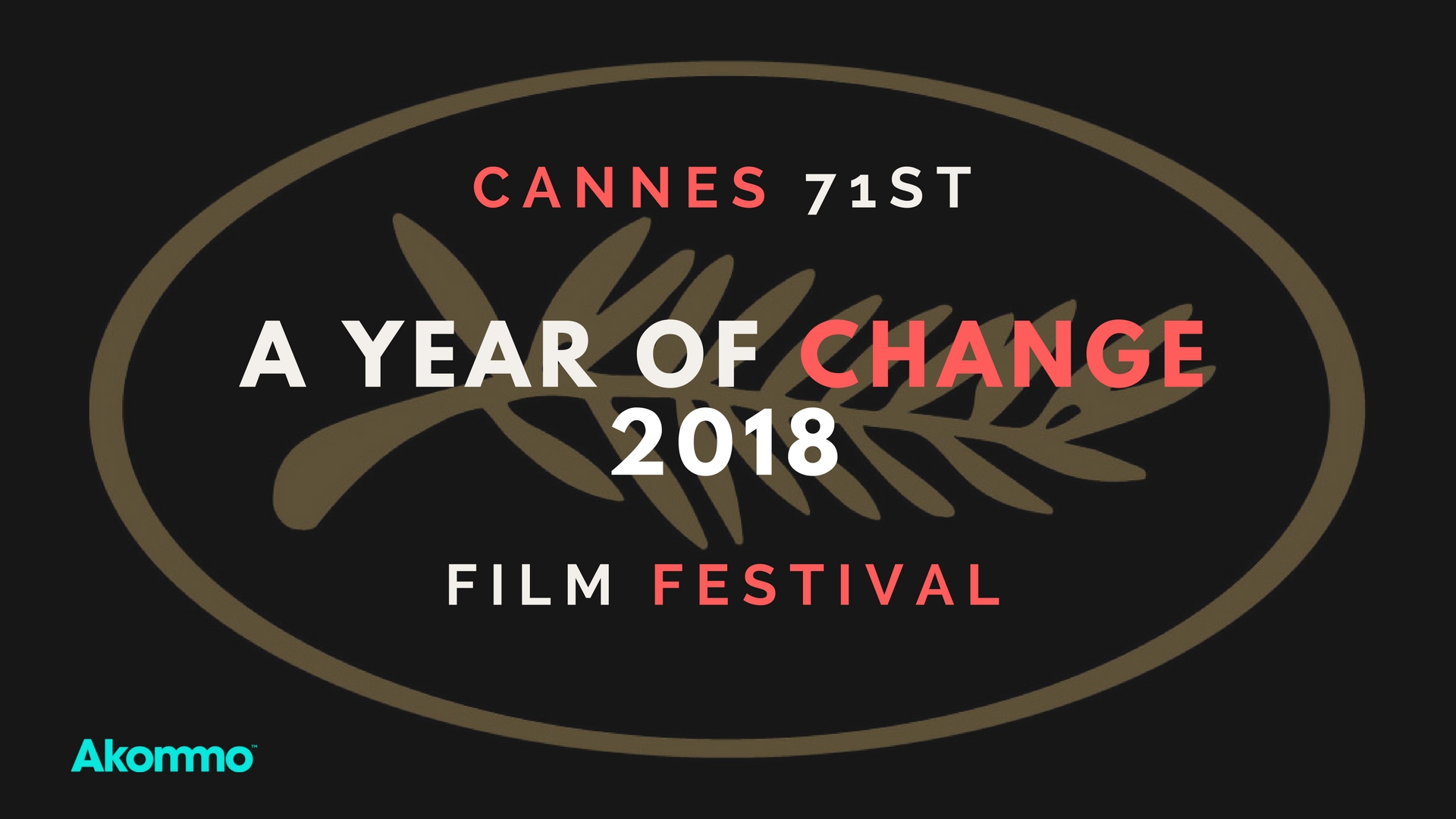Americanized, directed by Oakland-native filmmaker Erica Eng, is a 2021 17-minutes-long drama short film that portrays a day in the life of teenage basketball player Eng (played by Terry Hu).
Eng lives in Oakland, California, where she attends the local high school and she’s the only Chinese American player in an all-black female basketball team. She doesn’t feel completely at ease with her mates, but at the same time she doesn’t really engage with the other Asians, that, with the exception of her friend David, look at her with suspicion because of her rejection of traditions and her effort to look like a black girl at all costs, as demonstrated by her clothing and her not understanding a word of Chinese. Eng’s confusion regarding her own cultural and personal identity is further underlined by her grandma’s words at the beginning of the short: “I can’t even recognize you…you change your style so fast”. Probably Eng is trying to understand who she is, despite her origins, nevertheless, they can’t avoid but play a big role in her personal development, especially because everyone around her still defines her according to them.
Her way-more-aggressive team-mate Steph (Amber Gaston) has an ambiguous attitude towards her: at times friendly at times hostile, she definitely chooses to be the latter when, at the match, Eng replaces her, scores, and makes the team win. When the team huddles around Eng and, at the same time, they start to tease Steph, she is the one who feels left out now, and she vents her disappointment by taking it out on Eng and accusing her of not really being one of them. Steph’s racist accusations are at the same time an attempt to define her own identity through cultural stereotypes: she’s also struggling with her identity, but, differently from Eng, she belongs to a well defined ethnic group, of whom she embraces the culture and traditions, without showing any doubt or sense of non-belonging.

Eng, on the contrary, can’t define herself as Chinese, but at the same time, she’s not even completely American: her Asian friends look at her as an outcast, while the Black American girls don’t completely accept her. Eng feels American, but on the other side, she can’t avoid being labeled because of her appearance and can’t escape the connections to the homeland of her ancestors. Being neither American nor Chinese, she struggles in understanding who she really is. We, as spectators, don’t even know if she feels closer to the indigenous Oakland cultural landscape or she’s just trying to fit in.
According to the words of the director, Erica Eng, Americanized draws on her own personal experience as a teenager in Oakland (attending the same school where the film has been shot): being a fifth-generation Chinese American, she felt neither fully American nor fully Chinese, stuck between two different worlds.
Americanized can speak, through its simple yet effective narration, to a broad audience of people that feel the same as Eng (both the director and the character) and struggle to understand their own cultural identity. At the same time, it also addresses a related matter, i.e. that of the hostility between minority groups. Both Eng and Steph belong to two ethnic minorities, and the aggressivity of Steph towards her, as well as the Asian students looking at her with suspicion for not being as Chinese as she should be, if on the one hand is an expression of adolescent competitiveness, on the other, reflects well the attitude of people that use their culture both as a weapon and a shield, often refusing to change their mentality, using their own roots and traditions as an excuse. It’s difficult sometimes to find a balance between wanting to preserve one’s roots and remaining anchored to them, without any possibility of growth, inclusiveness, and desire to change. That’s why the in-betweenness that Eng experience is in the end something to treasure because identity is never fixed and is always flowing towards something else: one can never think of being anchored to something without any possibility of growing and changing. It is a painful process, but one’s worth going through – and Eng will one day understand it, as probably the ones that wrote her story did.




